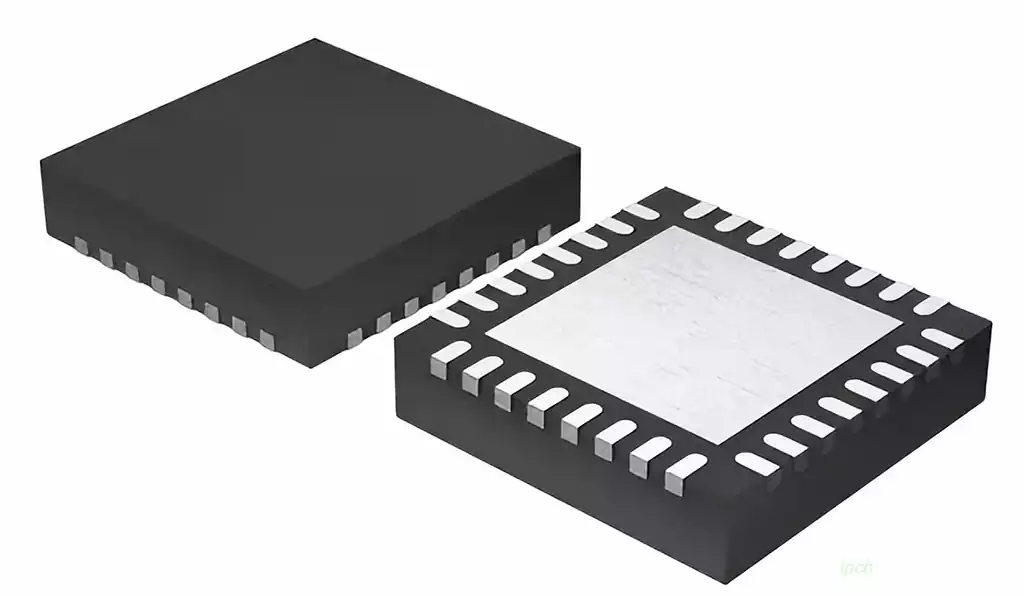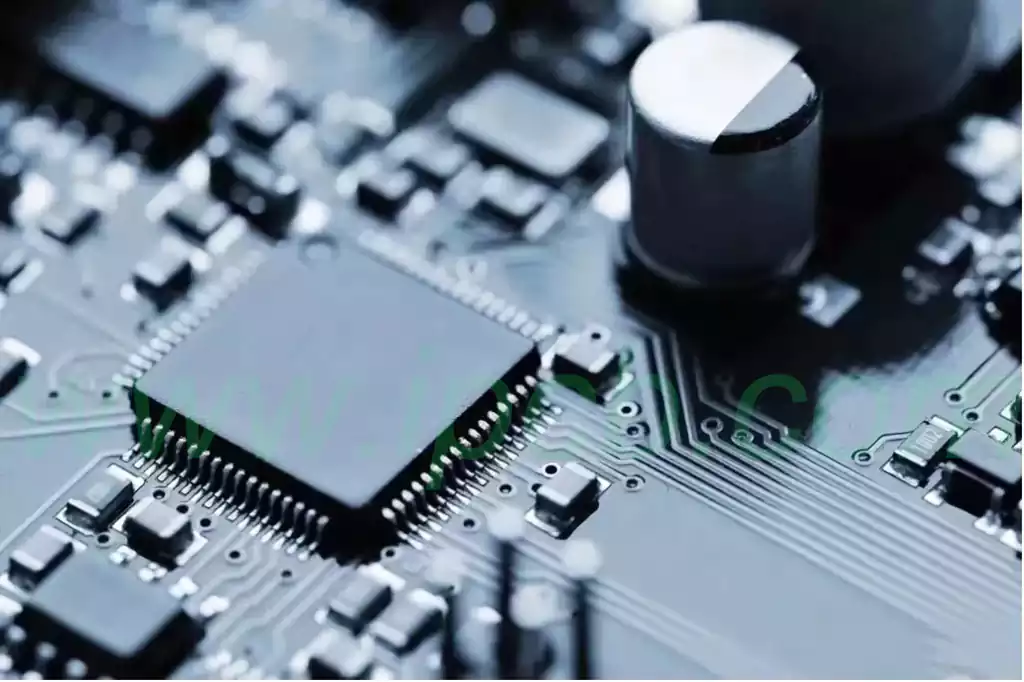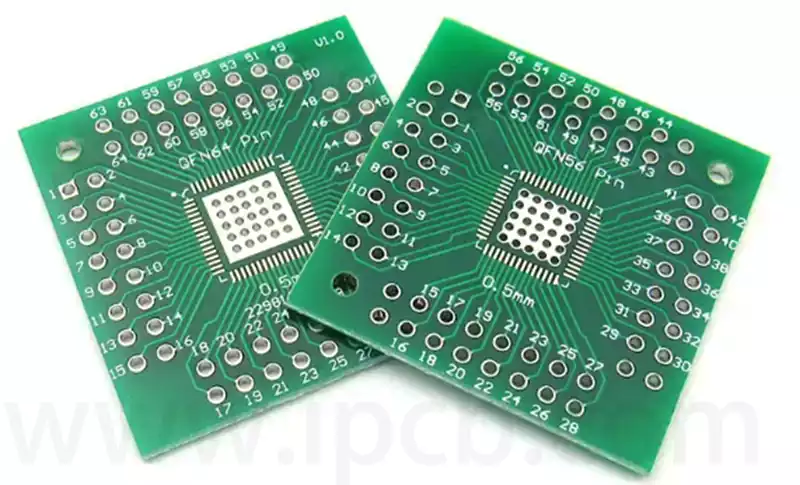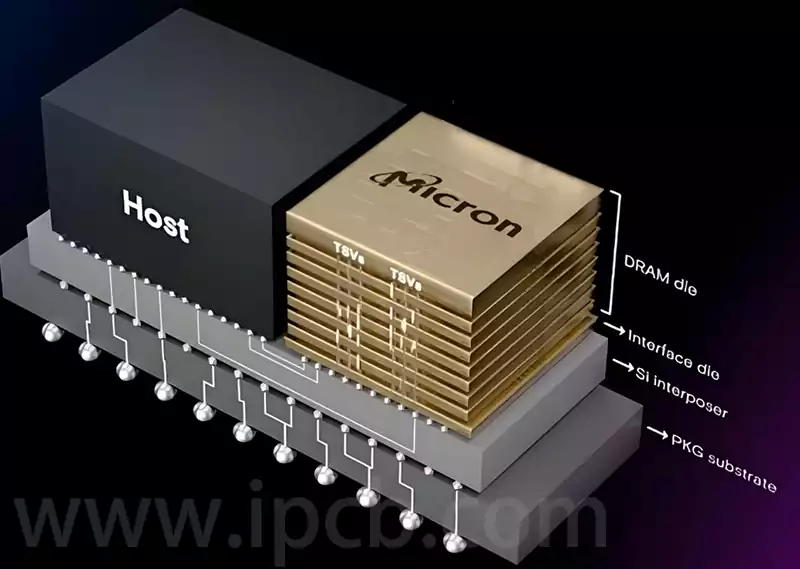Polyimide PCB is a printed circuit board made of polyimide as the main material, and its unique performance makes it occupy an important position in the electronics industry. Polyimide, this high-performance engineering plastics, with excellent high temperature resistance, chemical resistance and electrical properties, is the ideal choice for PCB boards in aerospace, defense and other high-end areas.
Polyimide, the English name Polyimide (PI for short), is a molecular structure containing imide-based chain links of aromatic heterocyclic polymer compounds. As an advanced composite matrix, PI has outstanding temperature resistance and excellent mechanical properties, is currently one of the best varieties of heat resistance in special engineering plastics. In addition, it also has outstanding dielectric properties and radiation resistance, and is currently one of the best encapsulation and coating materials in the field of microelectronic information.
Laminates made of polyimide resin can be used as printed circuit substrates, especially flexible printed circuit boards (FPC) made of PI film, which have the advantages of three-dimensional wiring, multi-layer setups, and large information storage capacity, and are easy to apply in small electronic devices such as cellular phones.
Compared with traditional PCB materials, polyimide PCB has a number of significant advantages:
Excellent high-temperature resistance makes it possible to maintain stable performance in extreme high-temperature environments. Due to the large number of benzene ring-like structures in the molecular structure of polyimide, its thermal stability is very high, and its glass transition temperature can reach 250℃. Therefore, under high temperature environment, these circuit board can work stably for a long time without performance degradation or damage like traditional PCB.
Excellent mechanical strength. Its high mechanical strength makes it able to withstand large external forces and vibrations, thus having better application prospects in occasions that need to withstand mechanical stress. Whether in automotive, machinery and other fields, polyimide circuit board can show its excellent mechanical properties.
Polyimide PCB also has good chemical stability. It is able to resist the erosion of a variety of chemicals and has excellent corrosion resistance. In harsh chemical environments, it can maintain stable performance and is not easily damaged, thus ensuring the normal operation of electronic equipment.
In terms of electrical characteristics, polyimide PCB is also outstanding. It has excellent electrical insulation properties, can be in the high voltage, high frequency and other complex electrical environments to maintain a stable working condition. At the same time, its high reliability is also reflected in the long-term stability, even in harsh operating environments, can also maintain a long service life.
It can also be applied in multi-layer flexible PCB structure. This structure makes the PCB has unique advantages in multilayer wiring and high-density wiring. Its substrate film is lightweight and has excellent electrical properties, such as a low dielectric constant, which provides strong support for the miniaturization and lightweighting of electronic equipment.
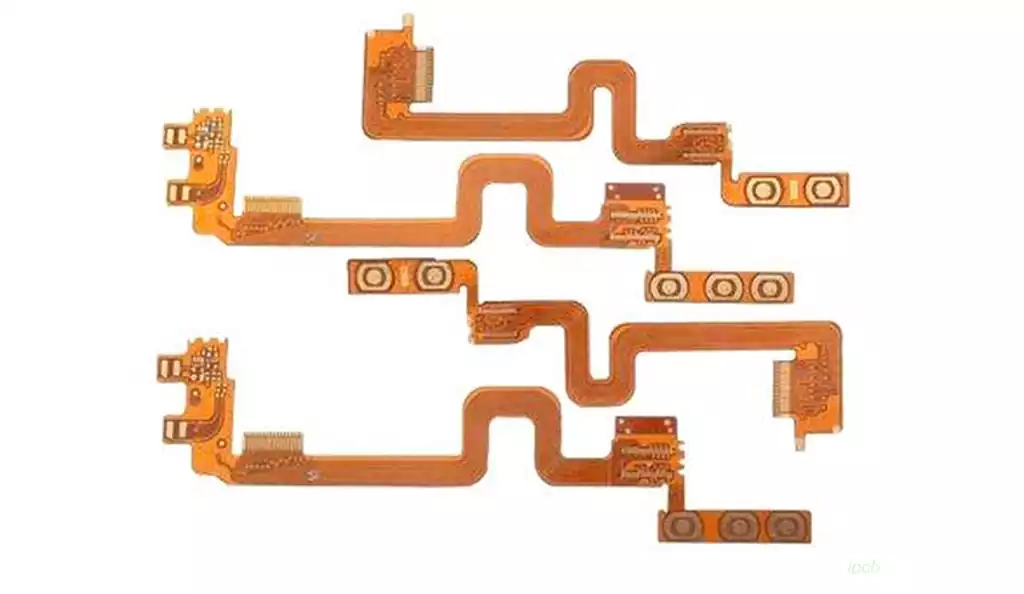
Application areas:
Aerospace: With its excellent resistance to high temperatures and humidity as well as space radiation, it is an ideal choice for aerospace equipment. In extreme environments, polyimide PCB is able to maintain stable electrical performance to ensure the normal operation of the aircraft.
Defense industry: has a high degree of reliability and stability, so it is widely used in military electronic equipment. These devices often need to operate in complex and harsh environments, polyimide PCB can ensure the reliability of these devices at critical moments.
Medical Device Field: Medical devices require a high degree of material stability and safety. Its excellent performance makes it a key material in the manufacture of medical devices, such as pacemakers, medical monitors and so on.
Polyimide PCB has shown strong competitiveness in the electronics industry with its excellent high temperature resistance, mechanical strength, chemical stability and electrical properties.
